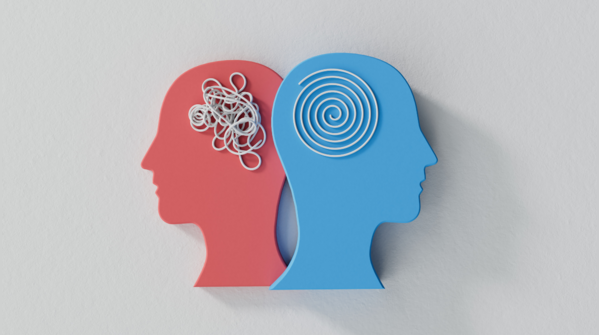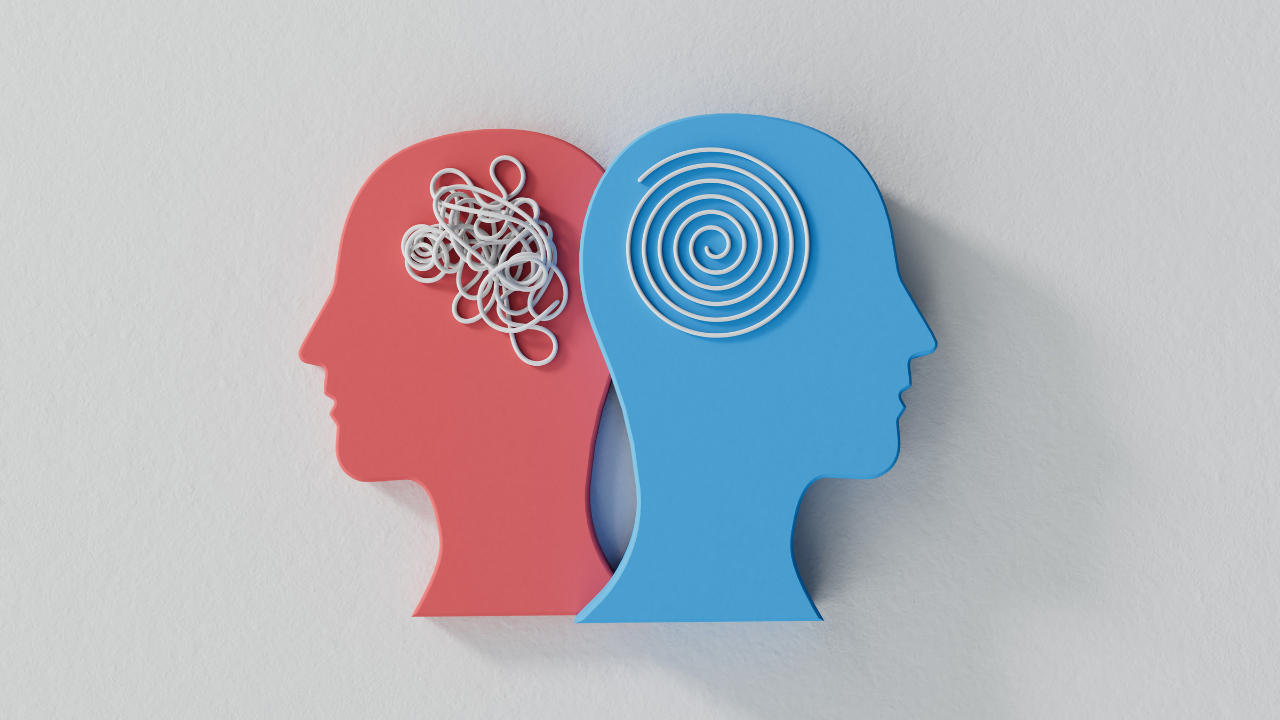AA
Text Size
- Small
- Medium
- Large

1/7
What simple habits are dangerous for our brains?
It’s easy to slip into habits that seem harmless. But, we might not even realize when these simple habits start to harm our brain health. While many of us focus on physical fitness, our brain bears the consequences of our daily choices, even those that seem innocent. From spending hours on our phones to skipping essential nutrients, our routines could have a bigger impact on our cognitive well-being than we realise. Here are 6 surprisingly harmful habits for our brain health and tips on how to make healthier swaps.

2/7
Overusing our phone
Many of us are glued to our phones, scrolling through social media, checking messages, and reading news. However, long screen time can strain the brain. A study published in the journal “Frontiers in Psychology” suggests that excessive phone usage impacts attention span, while also increasing stress levels due to information overload. Constant exposure to screens, especially before bed, can even affect sleep quality, further impacting brain function and mental clarity. Try to take frequent breaks, set phone-free times, and wind down without screens to give your mind a break.

3/7
Eating based on cravings, not nutrition
Reaching for comfort foods or cravings is tempting but might be harming our brains in the long run. Sugary snacks, fried foods, and processed items cause spikes in blood sugar, which can increase inflammation—a known factor in cognitive decline. Research published in the journal “Nutrients” in 2015 has linked diets high in sugar and trans fats to poorer memory and lower concentration levels. Add brain-boosting foods like leafy greens, nuts, and omega-3-rich fish to nourish our brain while keeping cravings in check.

4/7
Avoiding new learning
Our brains thrive on challenge, curiosity, and new information. When we stop learning, the brain’s cognitive abilities slowly start to dull, much like unused muscles. Constantly doing mentally stimulating activities strengthens neural connections, helping delay cognitive decline. Reading, learning a new language, picking up a musical instrument, or even engaging in brain games can keep your mind sharp and youthful.

5/7
Sitting too much
Physical activity isn’t just for the body—it’s crucial for the brain too. Studies show that regular movement increases blood flow to the brain, improving memory, focus, and mood. However, long hours of sitting, especially without breaks, can lead to reduced mental clarity and increased risk of cognitive decline over time. Add short walks, stretches, or desk exercises into your day to keep both your brain and body engaged.

6/7
Shortening the brain’s recharge time
Sleep isn’t a luxury; it’s very much necessary for brain health. When you don’t get enough quality sleep, the brain struggles to process information, consolidate memories, and clear out toxins. Chronic sleep deprivation has been linked to slower mental processing and increased risk of neurodegenerative diseases like Alzheimer’s. Aim for 7-8 hours of uninterrupted sleep each night, and establish a calming bedtime routine to help your mind and body wind down.

7/7
Constant multitasking
We often think multitasking makes us more efficient, but it’s actually overwhelming for the brain. Trying to juggle multiple tasks at once splits focus and hampers our ability to retain information. As per Brown Health University, constant multitasking can reduce productivity and harm cognitive function in the long run. Instead, try focusing on one task at a time, fully immersing yourself, and giving your brain the mental clarity it needs to function at its best.
FOLLOW US ON SOCIAL MEDIA
Visual Stories
Bigg Boss
Photostories
I’m Manas Ranjan Sahoo: Founder of “Webtirety Software”. I’m a Full-time Software Professional and an aspiring entrepreneur, dedicated to growing this platform as large as possible. I love to Write Blogs on Software, Mobile applications, Web Technology, eCommerce, SEO, and about My experience with Life.



